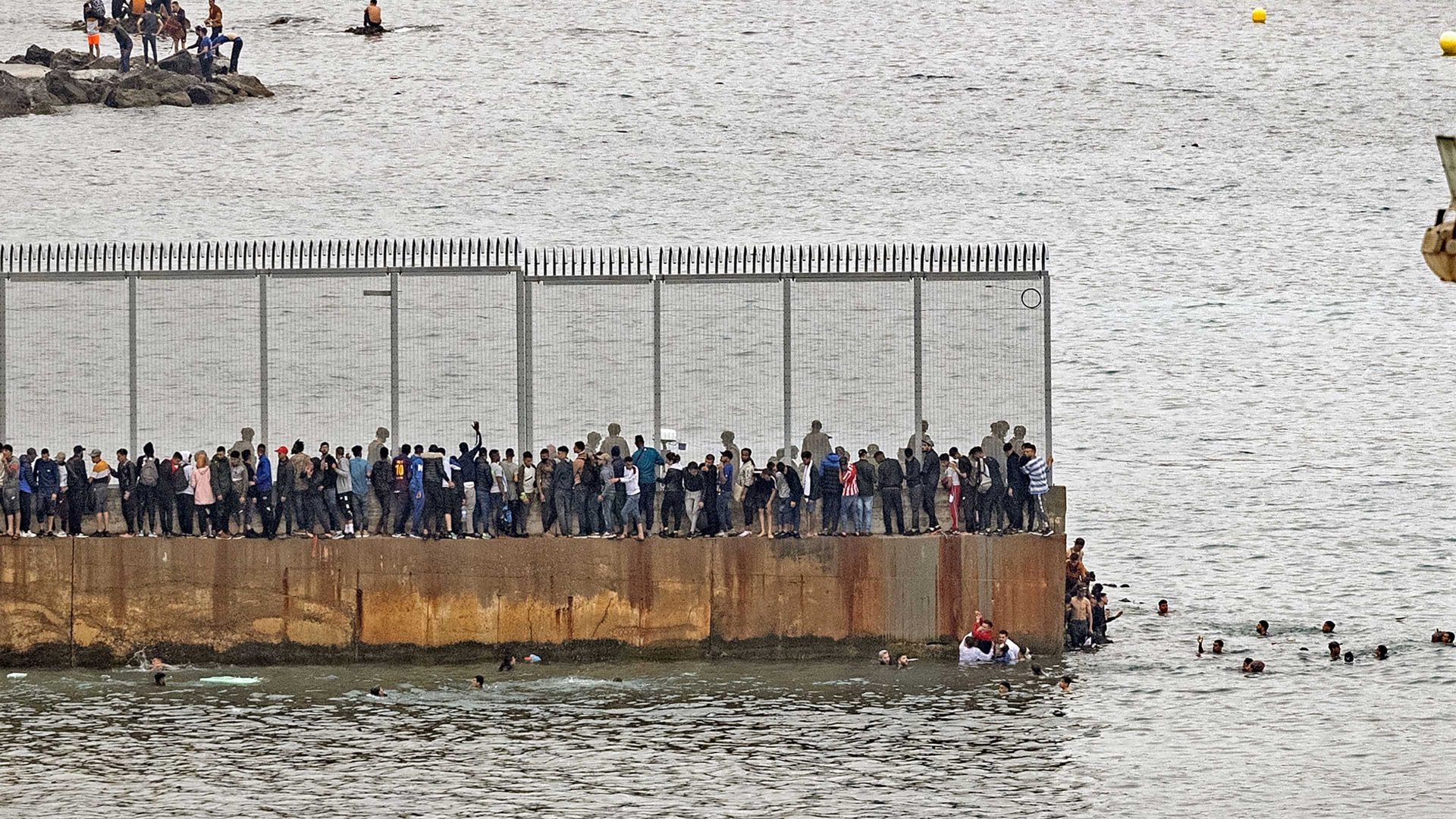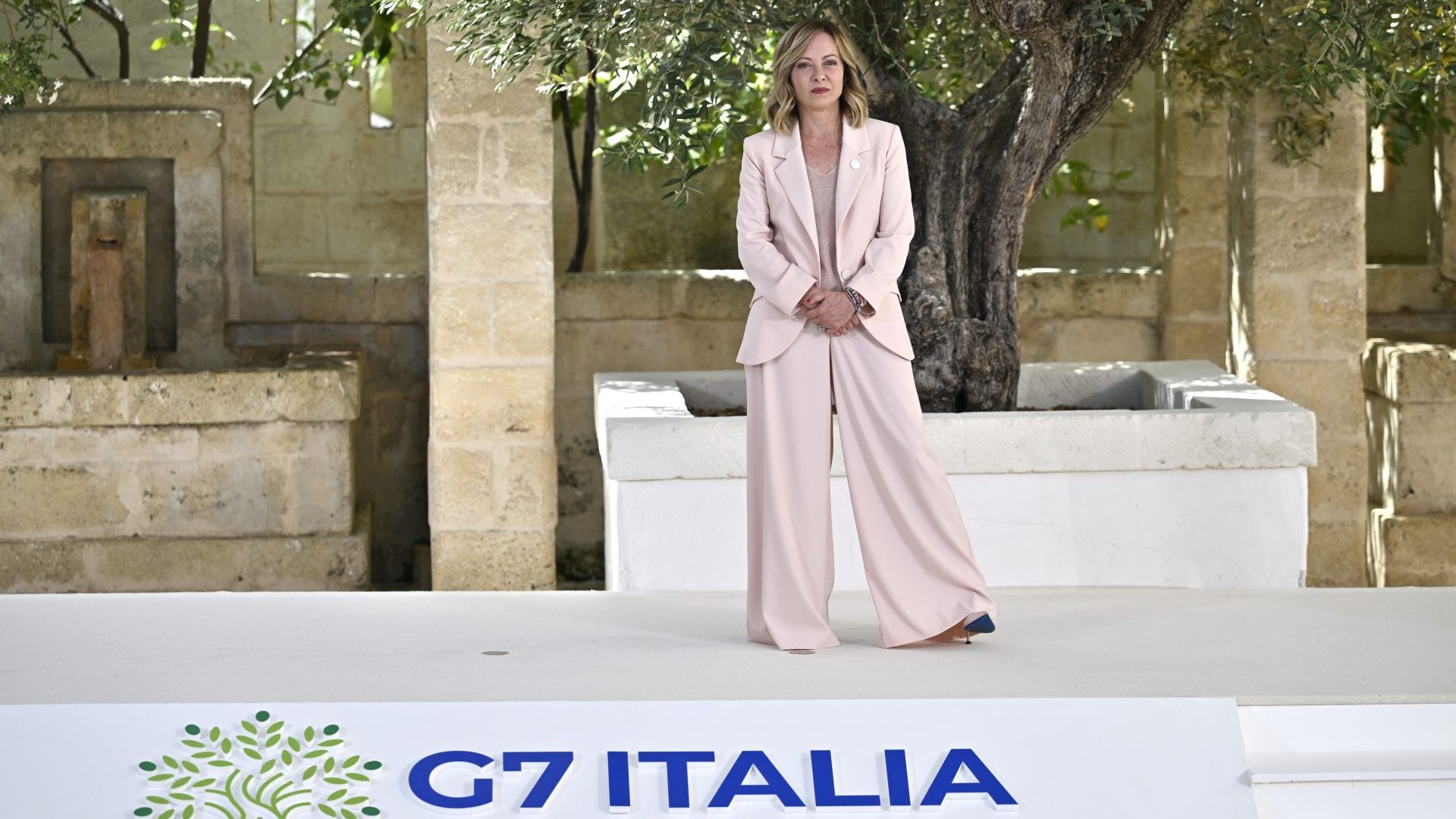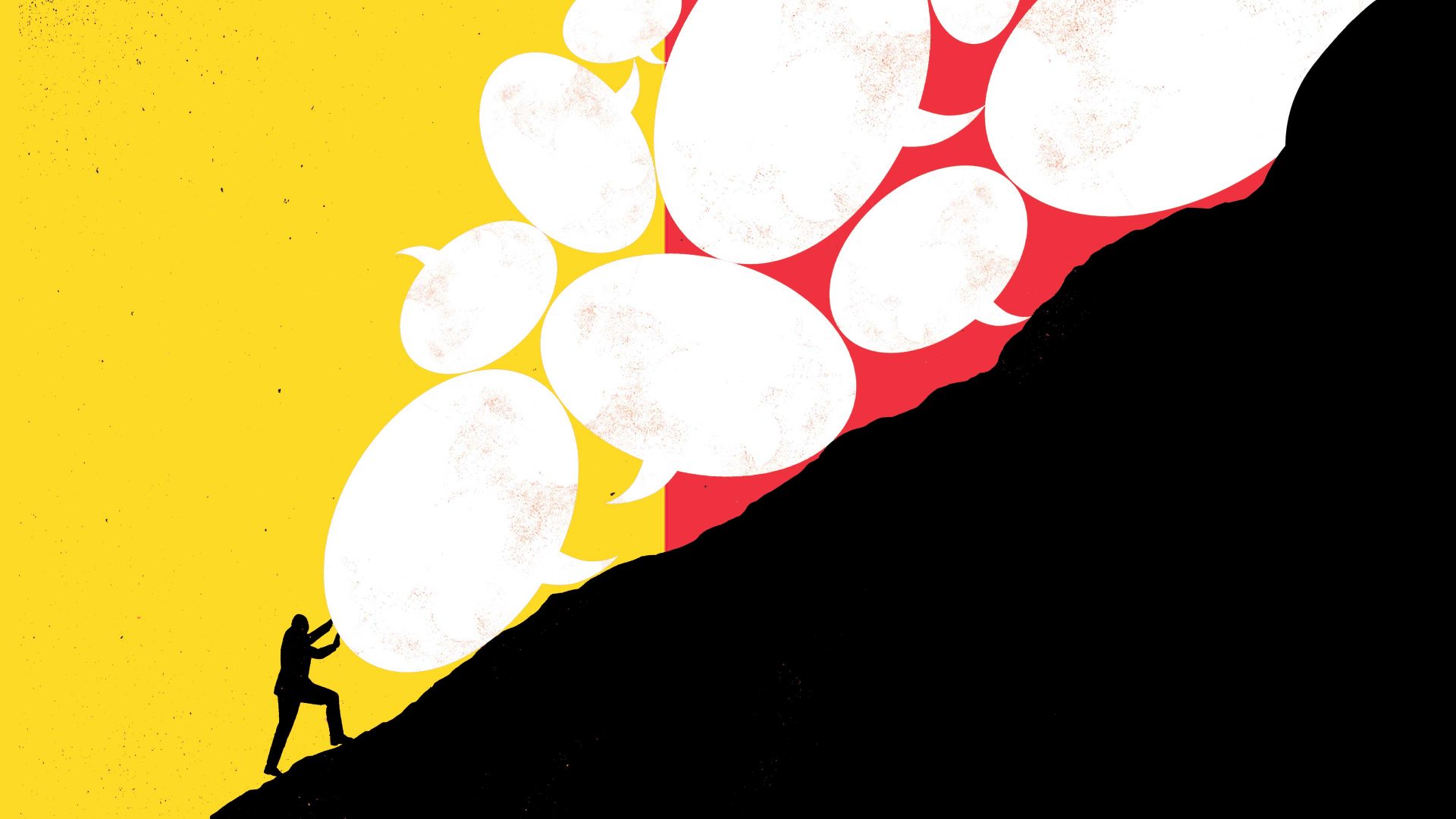On opposite sides of the Atlantic entrance to the Mediterranean, Gibraltar and the Spanish exclave of Ceuta have a great deal in common.
Both are small, yet politically potent remnants of once-sprawling world empires. Both also have outsized roles in international relations, given their strategic importance on one of the world’s busiest shipping lanes.
They also both took on their current owners within a few years of each other – around the turn of the 18th century. Both of their previous occupants, however, still want them back. As a result, both also have a history of tensions and sieges.
Unlike Gibraltar, however, Ceuta is in Africa, on the continent’s far northern shore, directly opposite the Rock. That changes a lot. “There’s a distinct feel of ‘fortress Europe’ in Ceuta that you don’t get in Gibraltar,” says Jamie Trinidad, a Cambridge don who has researched and written extensively about the territory. “Ceuta is right at the epicentre of Spanish-Moroccan relations.”
Those relations have often been sour, too, with arguments between Madrid and Rabat invariably being played out here on the disputed frontier.
In recent years, that “playing out” has involved human pawns.
These come in the shape of poor and desperate migrants, mainly from sub-Saharan Africa, who travel through Morocco to the border here in the hope of getting into Europe.
In 2021, for example, Rabat was angered that Madrid had given hospital treatment to Brahim Ghali, leader of the Polisario Front – a guerrilla movement fighting against Morocco in Western Sahara.
Shortly after news of Ghali’s treatment broke, several thousand migrants then suddenly tried to storm into Ceuta.
While Morocco denies any connection between this and Ghali’s treatment, few here think the timing was coincidental.
“Of course it was connected,” says Alfredo Ruiz, who runs a small online gaming business in the shadow of Ceuta’s 18th-century Royal Walls. “It’s how they keep the pressure on us.”
Back then, that pressure led the Spanish prime minister Pedro Sánchez to state his support for a Moroccan peace plan for Western Sahara – it was a major U-turn for Madrid, which used to control Western Sahara.
The migrants, meanwhile, were quietly shuffled off stage – returned to Morocco by Spanish troops and police. Today, walking up out of the centre of Ceuta westwards towards the Moroccan frontier, the road is still lined with police and army bases. That road ends in a double line of tall, razor wire fences. These snake across the thumb of land on which Ceuta lies, jutting into the sea from the eastern slopes of Morocco’s Jebel Musa.
That mountain is the southernmost of the two “Pillars of Hercules”, split by the legendary Greek hero to let the Atlantic into the Mediterranean. The northernmost is Gibraltar.
Today, we find the border closed – it hasn’t been functioning properly since Morocco shut it during Covid-19, back in 2020. Turning north, we walk on, up through hills overlooking the fence.
Sweating in the strong sun, we end up at the entrance of the Spanish Foreign Legion barracks. In its overgrown grounds stands a jolting reminder of Ceuta’s past: a memorial to the legion’s founder, a certain Francisco Franco.
Indeed, it was from North Africa that in 1936 Franco led a military coup against the democratically elected government of Spain. In other parts of Spain, such memorials to Franco have largely been removed – but not here. There is even a dedication to him in the entrance to Ceuta’s main mosque, which was built as a thank you to the Muslim, North African soldiers who fought for Franco in the Spanish civil war.
Nowadays, 40% of Ceuta’s 85,000 population is Muslim – many of them are the descendants of those soldiers.
Ironically, some of those descendants -– residents of Ceuta’s run-down, largely Muslim slum of El Príncipe – have more recently gained a reputation as jihadists. A popular Spanish TV crime series that dramatises events in that neighbourhood has become a hit.
“Relationships around here have always been complex,” Trinidad says.
Back in the day, Franco had even had a secret deal to send his troops to support the king of Morocco, should anyone try to depose him.
Recently, though, Moroccan troops have been more in the news. In June, Spain protested that some had been deployed too close to the border. Morocco countered that Ceuta was Moroccan territory and Rabat could put its troops wherever it liked.
Morocco continues to claim Ceuta as its own, but the wise observers here point out that it’s probably a lot more valuable to them as a way to put pressure on Spain than it would be if it ever became Moroccan again.
Jonathan Gorvett is a freelance journalist and writer currently dividing his time between Spain and Ireland



